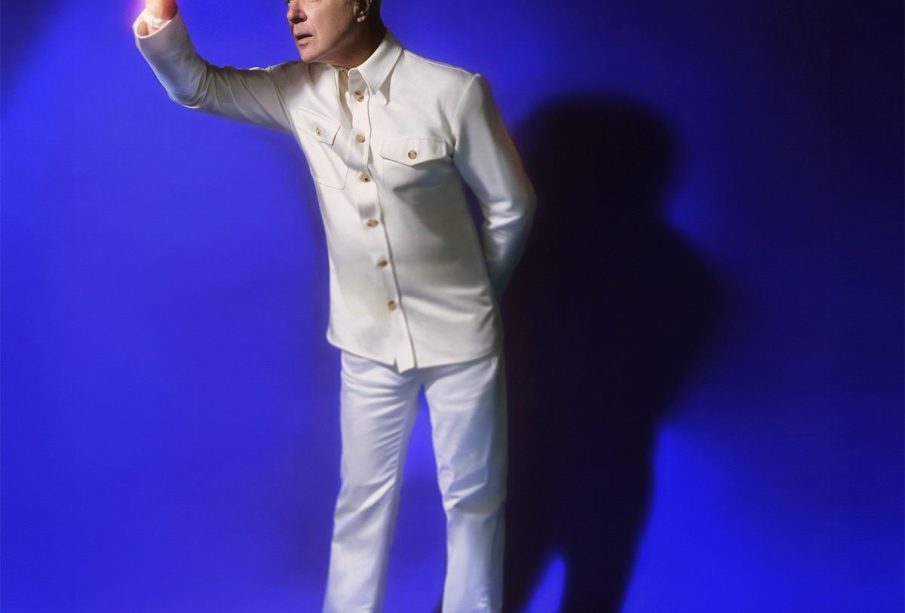The Legacy of David Byrne: Musician and Visionary

Introduction
David Byrne, the Scottish-American musician, is best known as the frontman of the critically acclaimed band Talking Heads. His innovative approach to music has influenced countless artists and genres over the decades. As a multi-talented artist, Byrne’s work transcends traditional rock boundaries, incorporating elements of art, art-pop, and world music. With his contributions spanning several decades, understanding his impact on music is crucial not only to appreciate his legacy but also to comprehend the evolution of modern music.
The Musical Journey
Born on May 14, 1952, in Dumbarton, Scotland, Byrne moved to the United States in his childhood. He formed Talking Heads in 1975, alongside fellow musicians Tina Weymouth, Chris Frantz, and Jerry Harrison. Their debut album, Talking Heads: 77, highlighted their unique blend of punk rock, art rock, and later funk and world music influences. The band’s hit singles, such as ‘Psycho Killer’ and ‘Burning Down the House’, propelled them into the limelight, allowing them to redefine what a rock band could be. They revolutionised live performance with their theatrical shows, combining music with multimedia art.
Solo Ventures and Collaborations
Byrne’s creative pursuits did not end with Talking Heads. After the band’s split in 1991, he embarked on a successful solo career that saw him explore diverse musical avenues, from classical music to opera. His collaboration with Brian Eno resulted in the iconic album My Life in the Bush of Ghosts, which blended African rhythms and sampled sounds, further showcasing his adventurous spirit. In addition to music, Byrne has produced works in visual art, film, and theatre, winning accolades such as Grammy Awards and an Oscar nomination, solidifying his status as a multifaceted artist.
Current Work and Relevance
In recent years, Byrne has continued to be active in the music scene. His 2018 album, American Utopia, was both a commercial and critical success, earning him a Grammy Award. The accompanying Broadway show of the same name, which featured a dynamic and immersive performance style, garnered praise and further confirmed his relevance in contemporary culture. As societal issues evolve, Byrne’s music often reflects broader themes, including culture, identity, and political commentary, resonating with both new and longtime audiences.
Conclusion
David Byrne remains a significant figure in music history, influencing both the artists of today and tomorrow. His unique ability to blend varied genres while prioritising creativity and innovation continues to encourage exploration in music. Readers can look forward to Byrne’s future projects, as he shows no signs of slowing down, proving that art remains an evolving dance between tradition and modernity.








